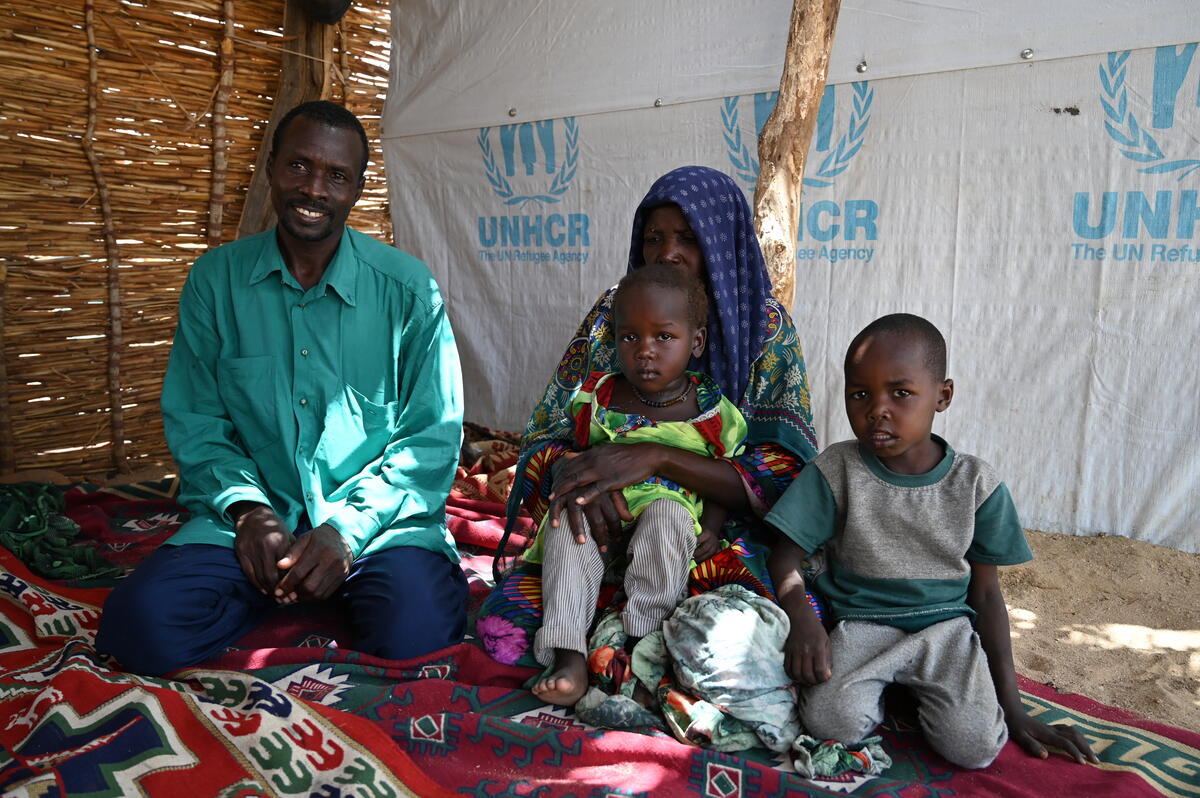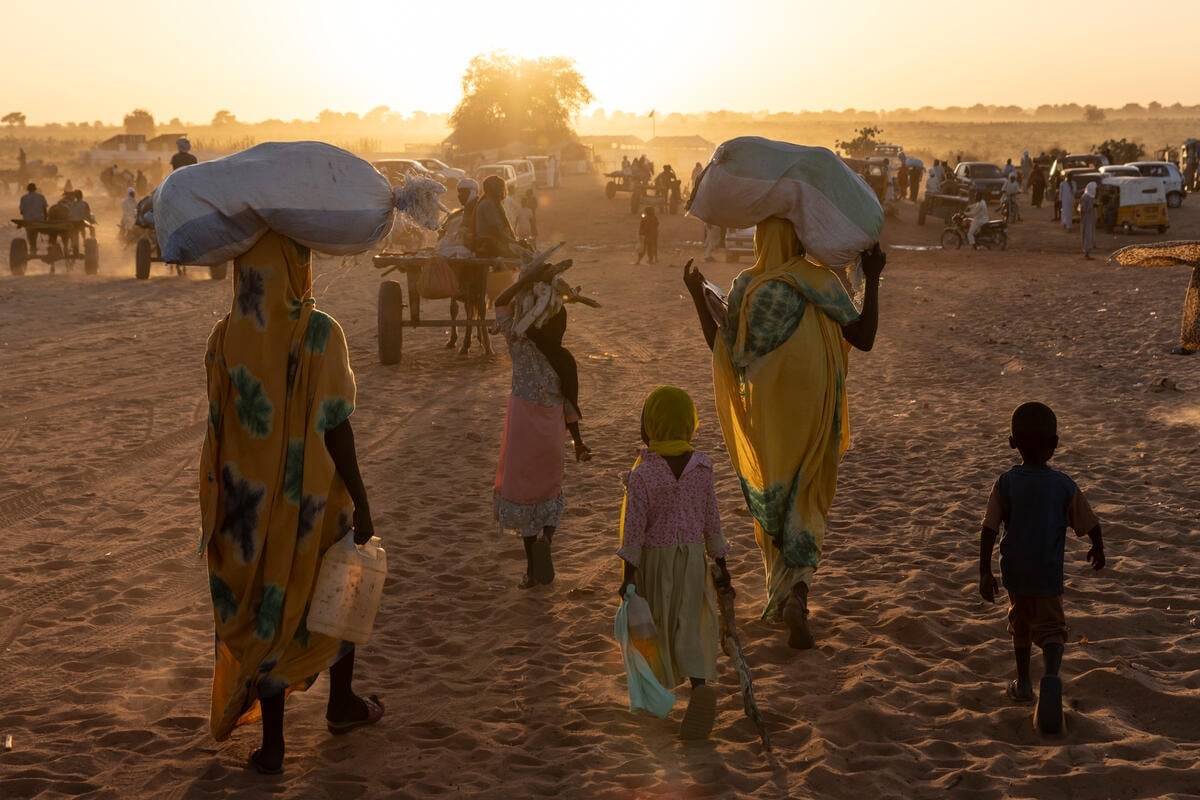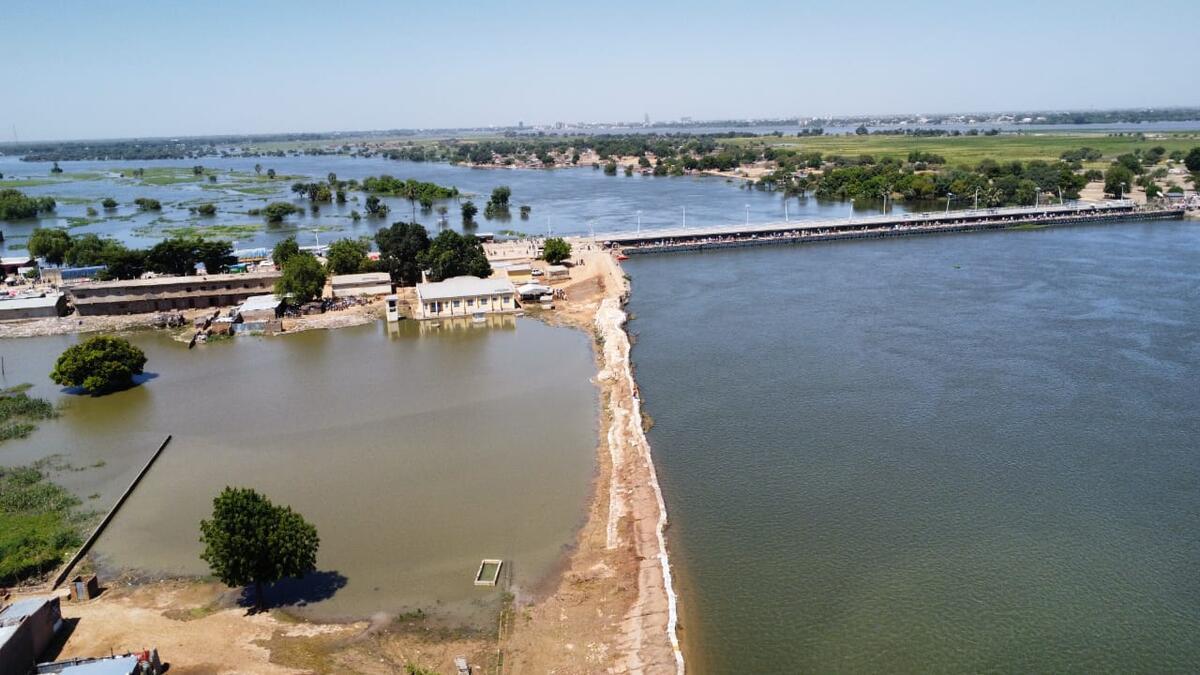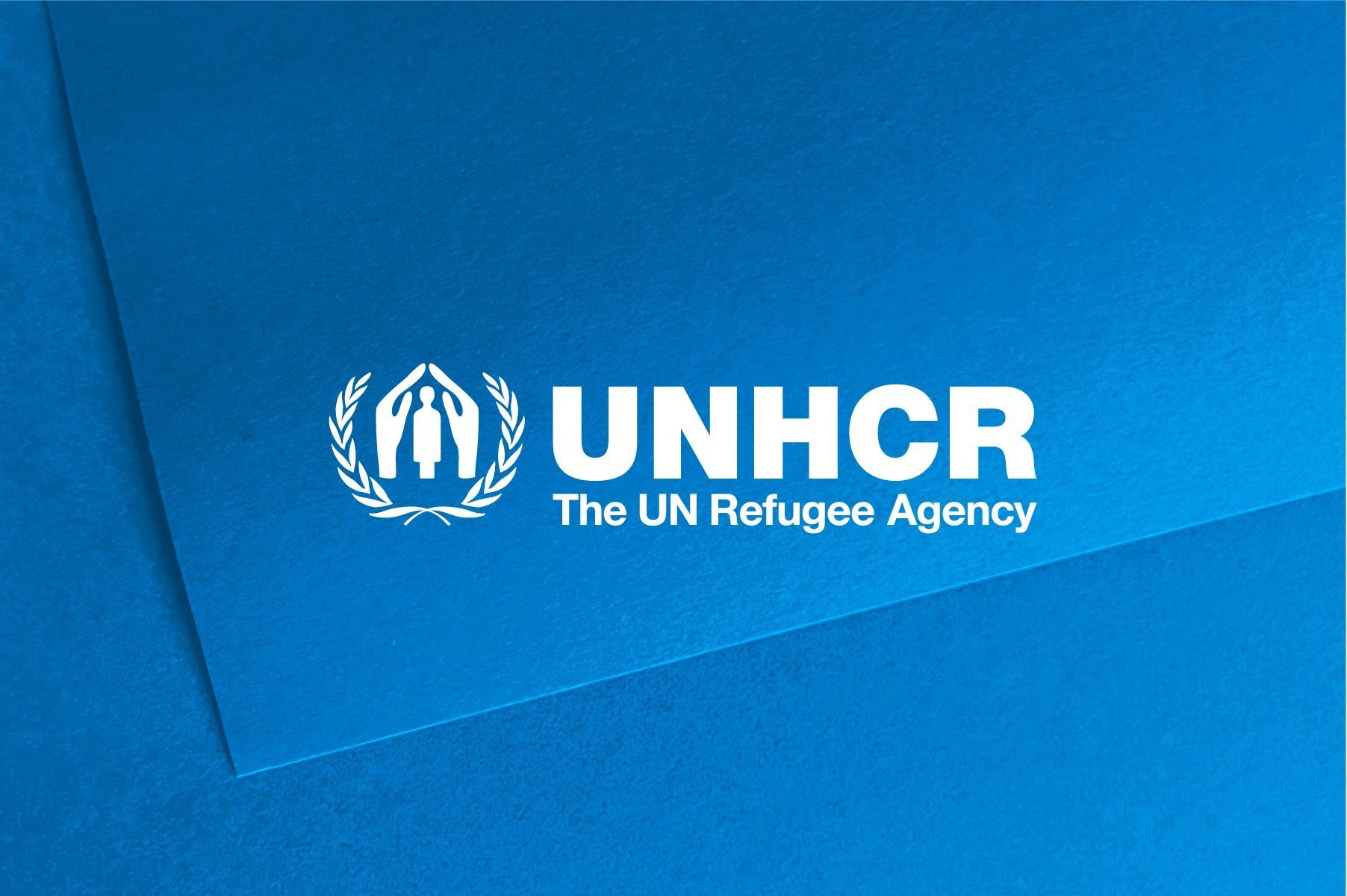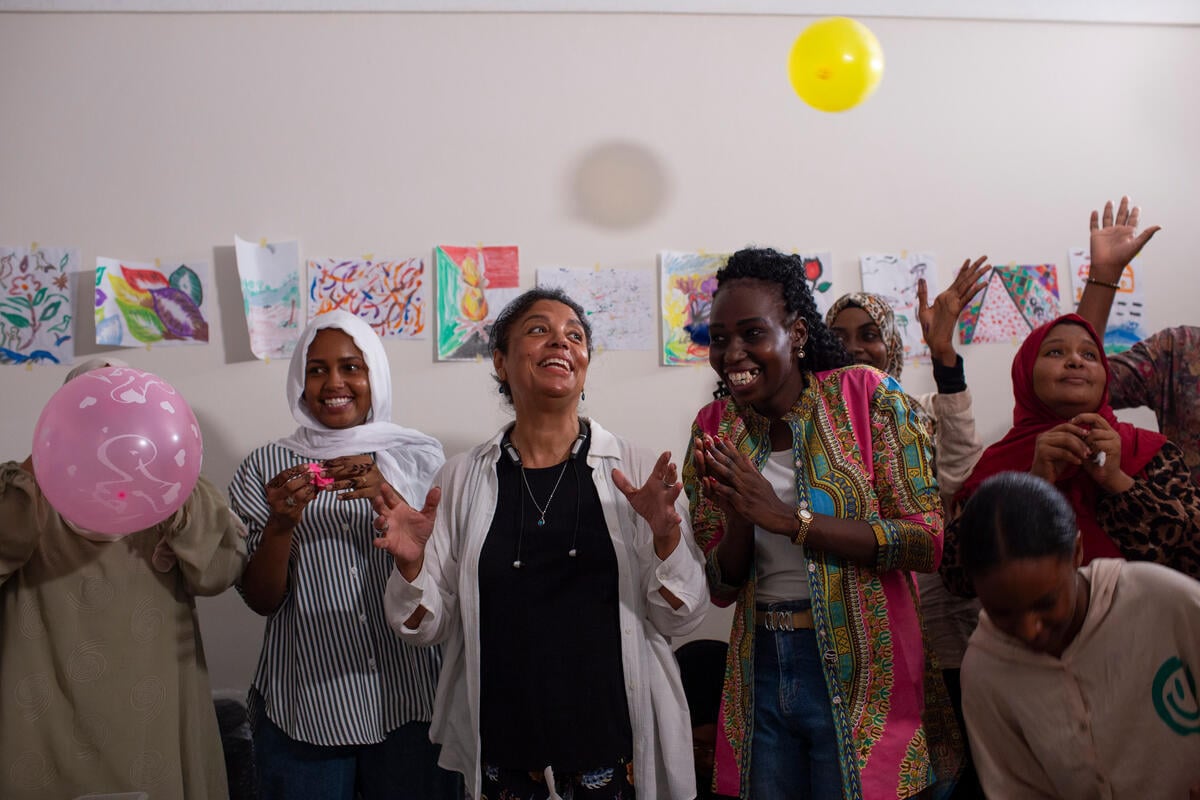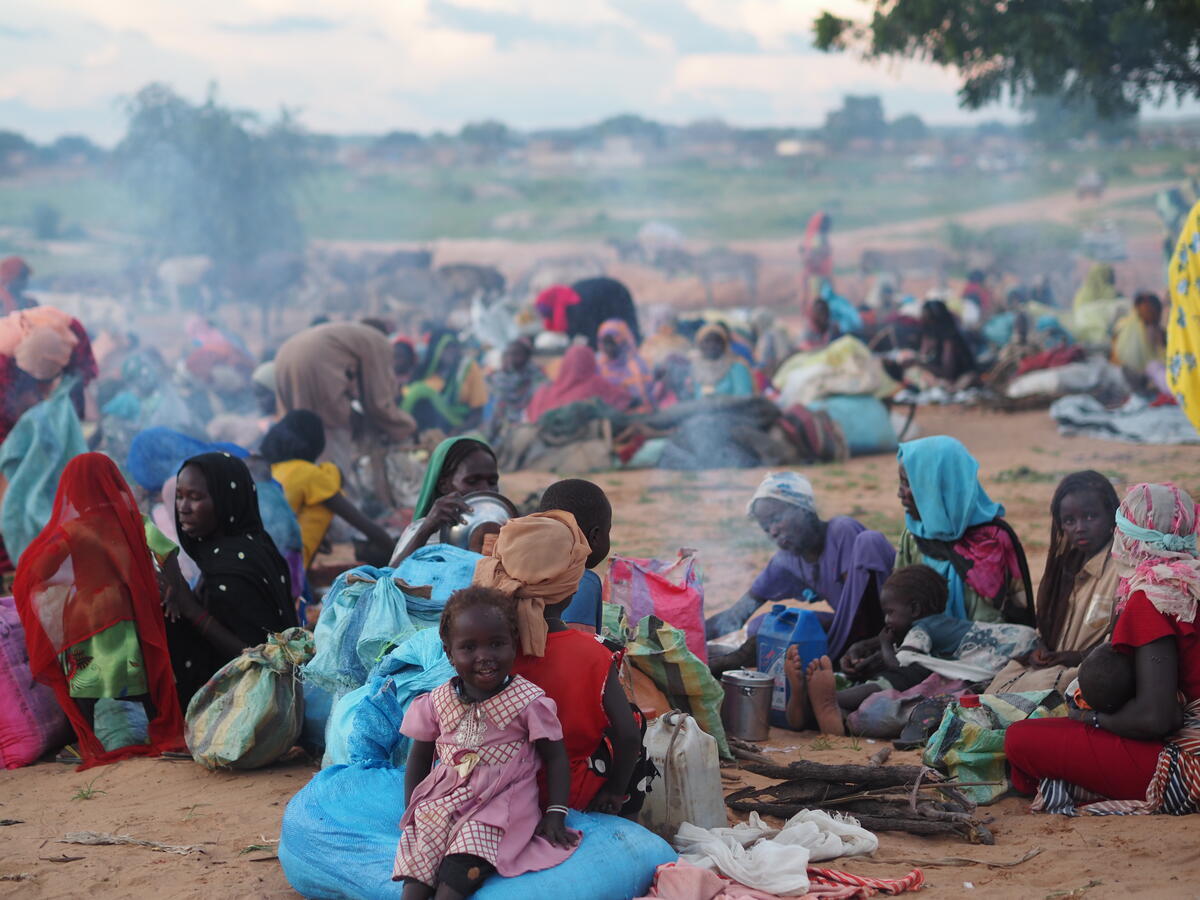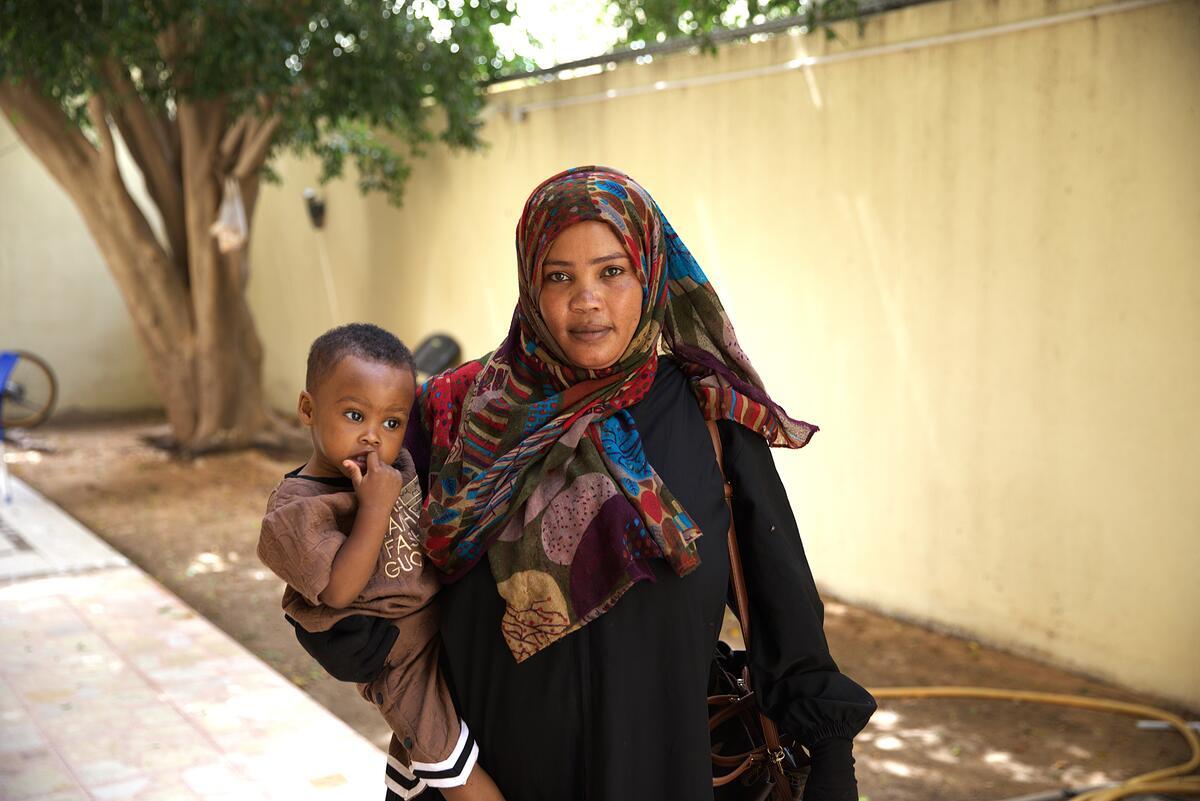South-east Chad quiet but tense; displaced too scared to go home
South-east Chad quiet but tense; displaced too scared to go home

GOZ BEIDA, Chad, November 24 (UNHCR) - The security situation in south-east Chad has been relatively quiet this week, but thousands of displaced people remain too scared to return to their villages because armed groups are still moving in the region.
The few displaced Chadians who have tried to return to salvage belongings from villages have in some cases been shot and killed. UNHCR has been working with Chadian gendarmes to escort small numbers of displaced who want to go back to their villages to recover belongings from some of the 23 villages that have been destroyed during recent attacks south and east of Goz Beida town. Dozens of other villages have been abandoned in anticipation of attacks.
UNHCR now estimates that more than 90,000 people are displaced in eastern Chad, including at least 15,000 since the beginning of November in the south-east of the country near the border with Sudan's troubled Darfur region. Some 7,000 of them have gathered in the outskirts of Goz Beida, where they have sought shelter under trees or wherever they can get it.
A distribution of relief supplies to these people that was scheduled for Friday was put on hold following reports of possible military activity around Goz Beida, according to the UNHCR office in the town.
The displaced Chadians have been encouraged to move to a site on the road to Kerfi, south of Goz Beida. The site is meant to be temporary until people can go back to their villages - which does not look very promising at this point. Many of the displaced Chadians told UNHCR that they would only go back if the government can secure the area.
Goz Beida town, which has 8,000 residents, also has some 15,000 refugees from Darfur in the UNHCR-run Djabal camp; 11,000 previously displaced Chadians in Gouroukoun camp; and now these additional 7,000 recently displaced Chadian. Since the beginning of November, 5,000 people have also arrived at a site for the displaced in Habile, near Koukou Angarana, 45 kms east of Goz Beida. More than 2,000 people have also reportedly been displaced recently in the Koloy area near Ade. The Koloy area was attacked on November 11 and November 15.
The recent wave of attacks is also affecting Sudanese refugees from Darfur, who are now feeling increasingly insecure after fleeing their own country in 2003-04. "Since we arrived in Chad in 2004, we had never been worried about our own security," said Abdalahe Ale Ibrahim, president of the security committee of Goz Amir refugee camp. "Now, villages have been burned here in the land where we found refuge. What is next? If we are attacked, where will we go?"
Refugees in the camp of 18,000 near Koukou Angarana fear working the fields that were allocated to them by Chadian authorities. Chadian gendarmes, who work with UNHCR to ensure camp security, have escorted some refugees to their fields so that they can harvest.
Meanwhile, self defence committees have been set up in villages that have not been abandoned in south-eastern Chad. The men are all armed with bows and arrows, with some carrying swords.
"The role of the people from the committee is to go and help villagers who are being attacked," a member of the self defence committee in the village of Koukou said. He recalled attacks on nearby villages.
"We have no other solution than getting armed, but what can bows and arrows do against Kalashnikovs?," asked Mahamat Hissene, the mayor of Koukou. "Every day we are worried that an attack might occur, we hear rumours of Arabs gathering." Other officials called for a stronger government presence.
"If the local population is not secured, the refugee population will also live in insecurity", noted Musonda Shikinda, head of the UNHCR office in Goz Beida. "These people [refugees] have already been extremely traumatised in Darfur, so of course, they are very nervous after all the recent attacks in the region."
In all, there are 218,000 refugees from Darfur in 12 camps in eastern Chad. Chad is also hosting 46,000 refugees from the Central African Republic in the south.
By Hélène Caux in Goz Beida, Chad



